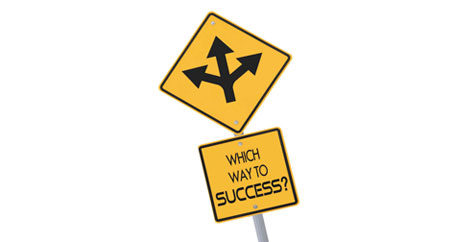Porter’s third element of strategy is “fit”or the combination of activities or products that are not only consistent but will reinforce one another to optimize a company’s efforts.“Competitive advantagegrows out of the entire system of activities,”says Porter.“
Strategic fit among many activities is fundamental not only to competitive advantage but also to the sustainability of that advantage. It is harder for a rival to match an array of interlocked activities than it is merely to imitate a particular sales-force approach,match a process technology, or replicate a set of product features.”
Athanassiadis finds it interesting that many “produce companies develop a competitive advantage based on strategies outlined by Porter, without having necessarily studied his work.” Examples of Porter’s costleadership strategy include specializing in bagged salads or sliced cantaloupe, as opposed to selling head lettuce or bulk melon.
Strategy vs.Operational Effectiveness
Porter emphasizes that operational effectiveness is not strategy. “Competitionbased on operational effectiveness alone is mutually destructive, leading to wars of attrition that can be arrested only by limiting competition.” Strategy, on the other hand, allows a company to create a sustainable competitive advantage.
Green believes strategy sets overall direction,but operational effectiveness “is what brings the strategy to life.” Further, in a fast-paced industry like produce, where products have a short shelf life, it is typical for energy to be “more focused on what has to happen day-to-day, and not on stepping back every now and then to consider the forces at play with your customers, markets,competitors, and the world at large.”
In perishables, however, strategy and operations are closely intertwined. “In anindustry where it is inherently difficult to derive tremendous value from product differentiation,the value-based deliverable is being able to focus strategic efforts to reinforce the tactics of going to market,” says Grant M.Hunt, president of Oakland, CA-based distributor Grant J. Hunt Company.
That said, having a clear strategy is critical. “Firms successful over the long run usually have an underlying strategy that is enhanced by their operational effectiveness,”Hunt says. “By definition, it is easy to concentrate on tactics because of the fast-paced nature of the industry. Firms that ignore following a core strategy may succeed over a shorter horizon, but eventually the changes inherent in the produce industry will overwhelm a company that is merely operationally effective.”



